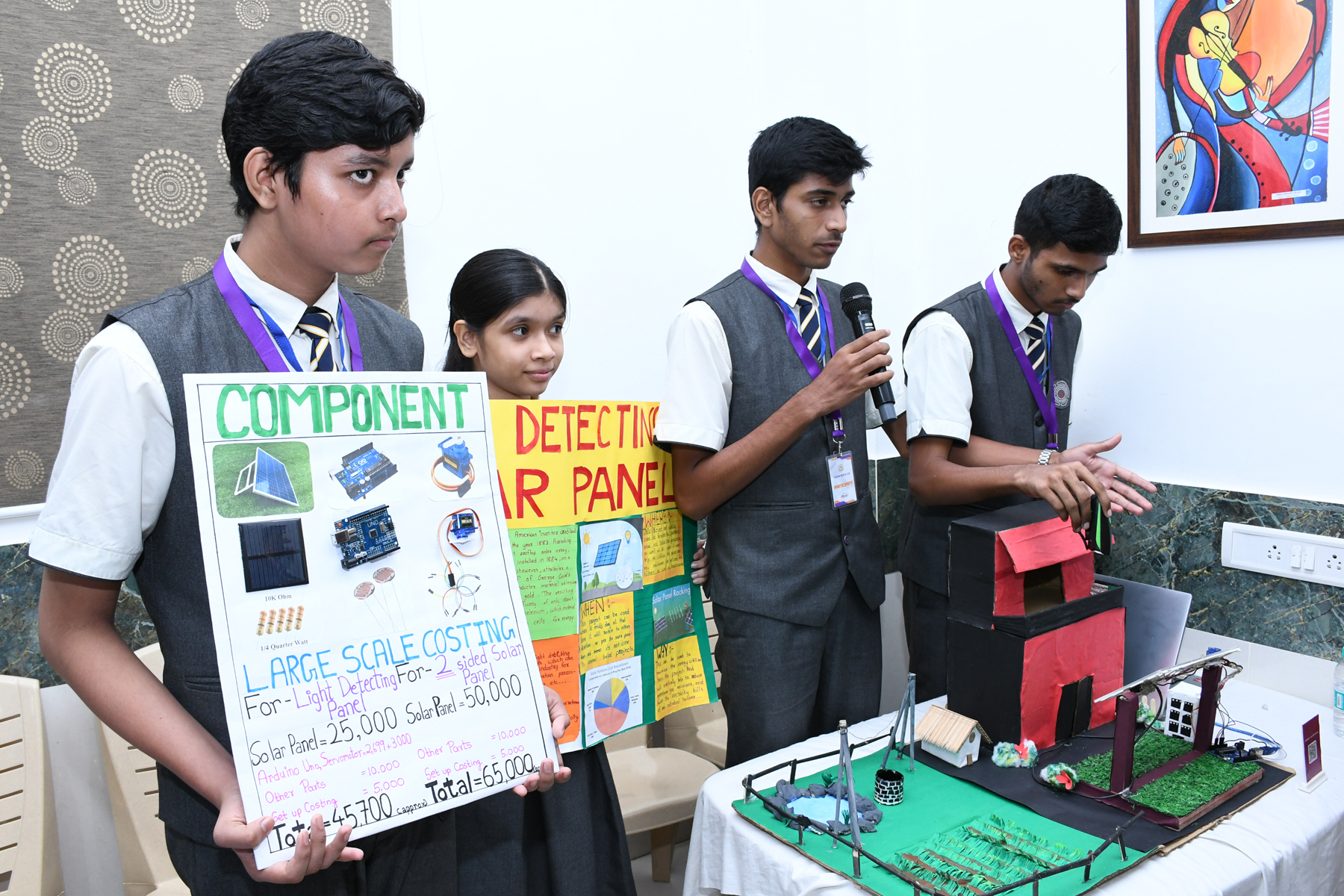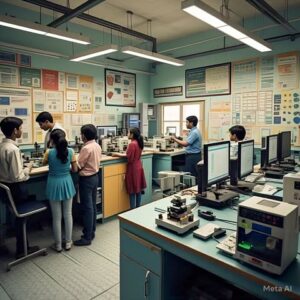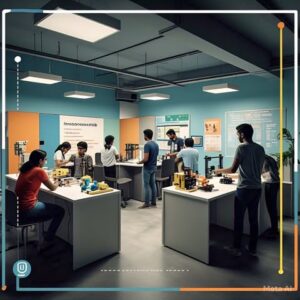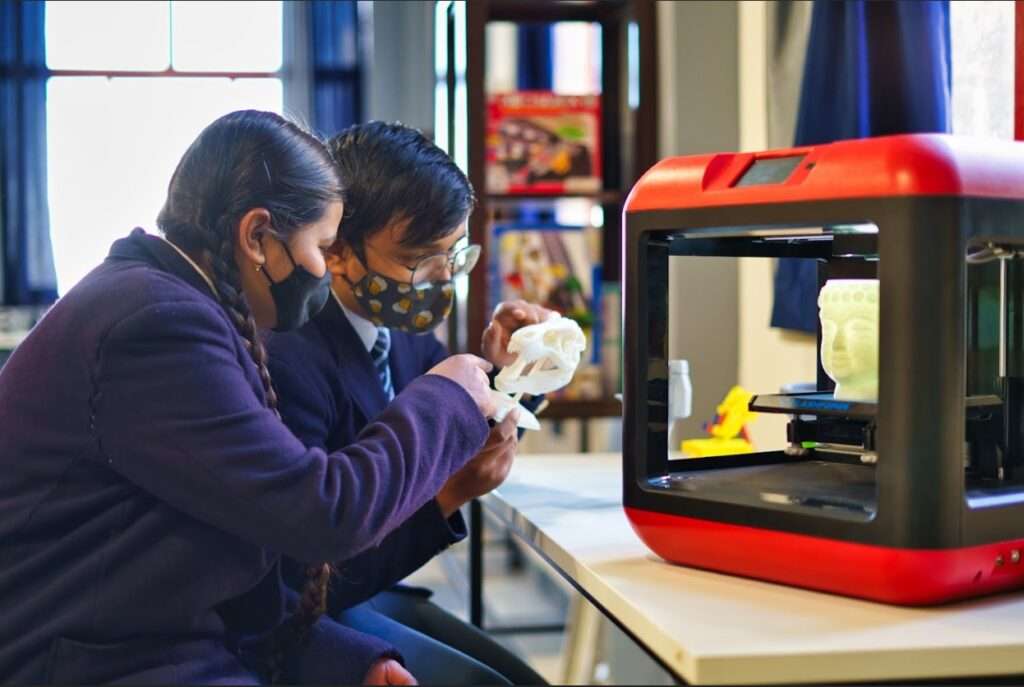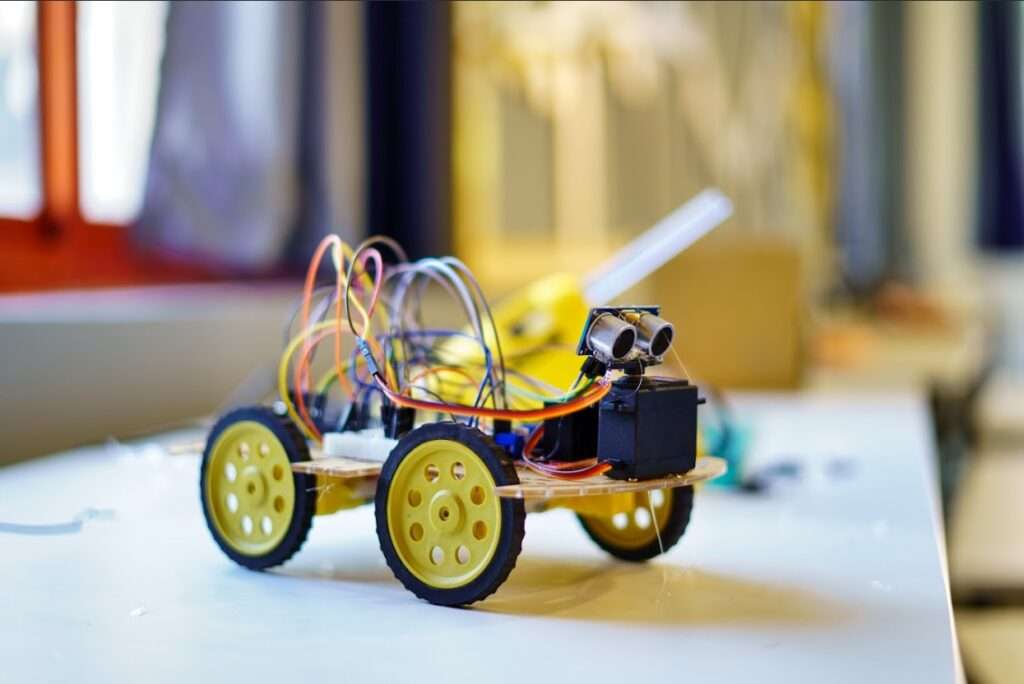Imagine your study hall as a clamouring studio, loaded up with the murmur of innovativeness and the excitement of disclosure. Where course readings wake up and learning rises above the pages, this isn’t a fantasy; it’s the thrilling truth of incorporating coding and mechanical technology into your conventional educational program.
How about we leave on this excursion together?
The Test of Progress Is that right, “Coding and mechanical technology? That is for specialised college, not my homeroom.” But rather truly, these abilities are becoming as fundamental as perusing and composing. They’re the building blocks of our advanced world, and our understudies are its future designers. Coordinating these subjects could appear to be overwhelming. You could stress over an absence of mastery, assets, or time. Dread not, individual teacher! Each incredible excursion begins with a solitary step.
Beginning Little, Thinking ambitiously
Start by distinguishing regions where coding and advanced mechanics can supplement your current subjects. For example, in math, understudies can utilise coding to recreate mathematical shapes or break down information. In science, they can program robots to conduct analyses or model regular peculiarities. Indeed, even language expressions can be improved through narrating with robots or making intuitive computerised stories. Keep in mind that you don’t need to be a coding wizard. There are innumerable easy-to-use stages and devices intended for amateurs. Begin with straightforward assignments like making liveliness or controlling fundamental robot developments. The key is to make it fun and draw in both you and your understudies.
Building an Establishment
Computational reasoning is the foundation of coding and advanced mechanics. It’s tied in with separating complex issues into more modest, sensible advances. Urge understudies to think legitimately, examine designs, and foster calculations. These abilities are adaptable to any subject and will engage them as long-lasting students. Mechanical technology can rejuvenate these ideas. As understudies construct and program robots, they’ll find out about mechanics, gadgets, and designing. They’ll likewise foster critical thinking, collaboration, and decisive reasoning abilities.
Building A Community
Go ahead and work with different instructors. Share your thoughts, assets, and difficulties. You could try to frame a vast coding and mechanical technology club. Include guardians and the local area. Feature understudied projects, coordinate studios, and cultivate a culture of development. Keep in mind that learning is a common excursion.
Defeating Difficulties
There will be deterrents. Innovation could breakdown, understudies could get disappointed, and you could feel overpowered. However, these difficulties are valuable openings for development. Embrace them as a component of the growing experience. Celebrate little triumphs. Each line of code, each robot’s development, is a step in the right direction. Urge your understudies to endure and gain from their mix-ups.
The Groundbreaking Power
Incorporating coding and advanced mechanics into your educational plan is something other than showing you new subjects. It’s tied in with changing your homeroom into a dynamic, understudy-focused climate. You’ll observe a flood of imagination, critical thinking, and cooperation. You’ll enter an age of trend-setters who are prepared to shape what’s to come.
Along these lines, venture out. Jump into the universe of coding and advanced mechanics. You, your understudies, and the world will be flabbergasted at the potential outcomes. Keep in mind that each extraordinary educator was once a student. We should learn together and make the future more promising for our understudies.

